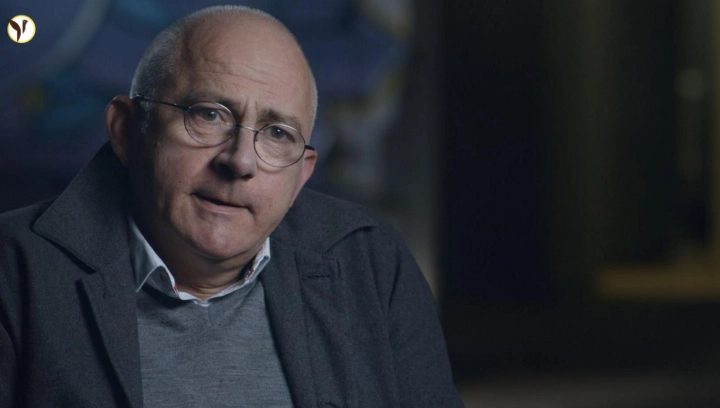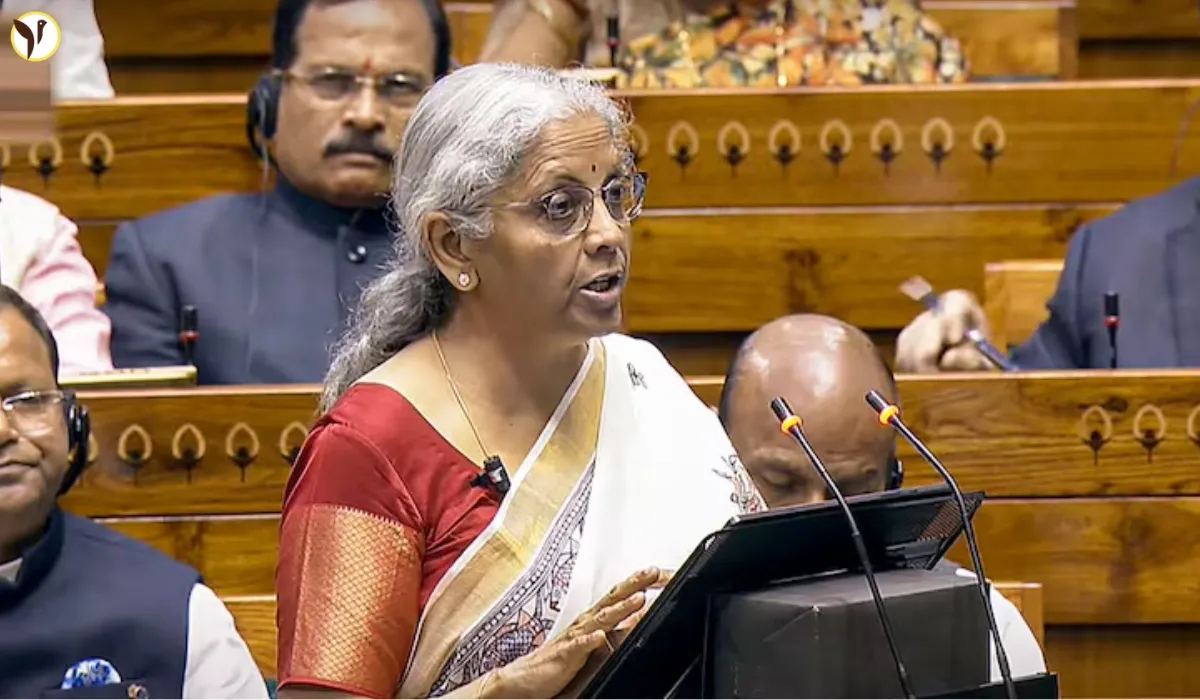Introduction: A Journalist Who Made the World Listen
Some journalists report stories.
Andrew Norfolk changed history with them.
On May 14, 2025, the world lost a courageous truth-seeker, a man whose pen brought light to the darkest corners of society. Andrew Norfolk, the Times journalist who fearlessly exposed the Rotherham child sexual exploitation scandal, passed away at the age of 60.
But even in death, his legacy is very much alive.
The Scandal Everyone Wanted to Ignore
Imagine being a child, scared, abused, and dismissed by the very people meant to protect you. Now imagine that story being ignored—year after year, case after case.
That was Rotherham.
For years, hundreds of vulnerable girls were groomed, sexually abused, and trafficked. Many of the perpetrators were part of organized gangs. Authorities turned a blind eye. The victims were labelled unreliable, promiscuous, or simply unimportant.
Then came Andrew Norfolk.
The Reporter Who Refused to Look Away
Working quietly but determinedly at The Times, Norfolk began to notice a troubling pattern in court reports across Northern England. He saw what no one wanted to admit: there was a systemic failure to protect children, and it wasn’t just one case—it was hundreds.
In 2011, he published a groundbreaking investigation that would shatter the silence around grooming gangs and institutional neglect.
His work was not about race. It was about justice.
Norfolk faced backlash, accusations, and controversy. But he stood firm—always anchored in facts, always defending the victims. He once said:
“I didn’t go looking for this story. The story found me. And once I saw it, I couldn’t look away.”
The Impact: Real Change, Real Justice
Thanks to Norfolk’s reporting:
-
A national inquiry was launched
-
It was revealed that at least 1,400 girls were abused in Rotherham alone
-
Police officers and council officials were held accountable
-
Legal and procedural reforms were pushed through
In short: the system changed—because one journalist refused to let the truth stay buried.
Prime Minister Keir Starmer, formerly the Director of Public Prosecutions, paid tribute:
“His work was absolutely integral to securing justice for victims and transforming how institutions respond to abuse.”
A Voice for the Silenced
What set Norfolk apart wasn’t just his talent for uncovering stories—it was the deep compassion he carried for the people behind them.
He didn’t chase fame. He chased truth.
He didn’t seek attention. He gave it to the forgotten.
Journalists, survivors, and readers alike respected him not just for what he did—but how he did it: with grace, grit, and a gentle humility.
The Email That Meant Everything
In a touching piece by The Yorkshire Post, a fellow journalist shared an email Norfolk had once sent him—a quiet message of support. It wasn’t long or flashy. But it meant the world.
That’s who Andrew Norfolk was. Kind behind the scenes. Brave on the page.
A Legacy Etched in Justice
Andrew Norfolk is gone, but his impact is permanent.
He reminded us that journalism isn’t just about headlines.
It’s about healing, accountability, and sometimes—redemption.
Thousands of survivors found their voice because one man refused to stay quiet.
We didn’t just lose a reporter.
We lost a guardian of truth.









